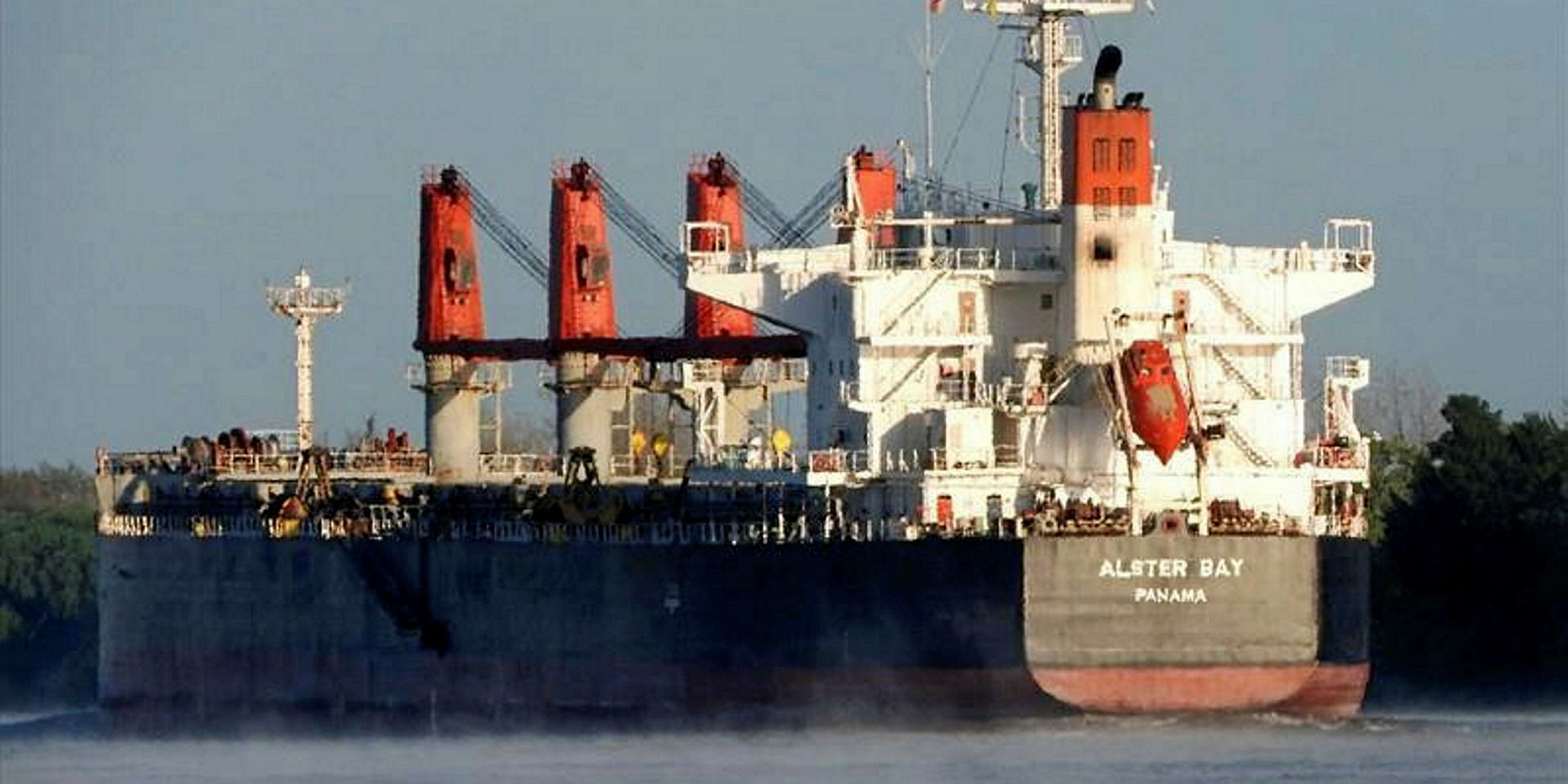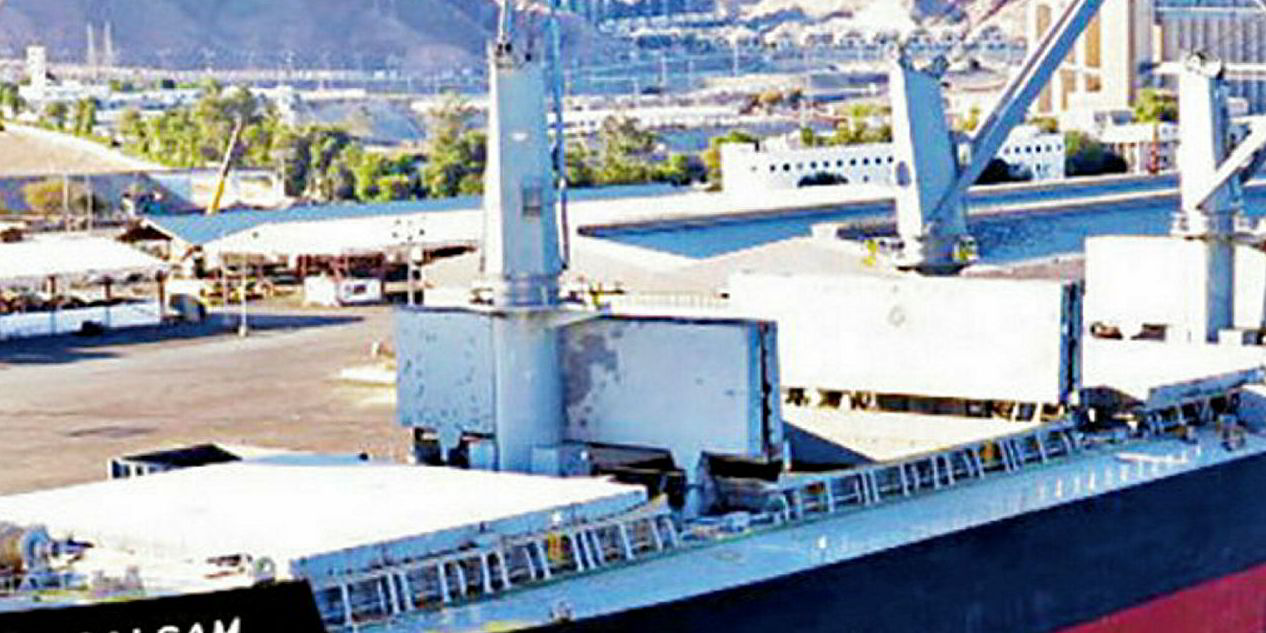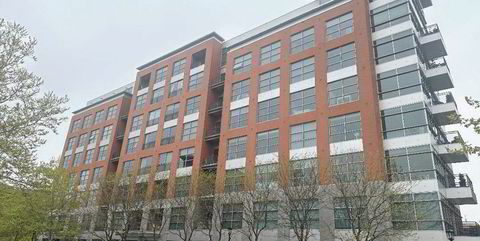Greece’s Equinox Maritime has emerged as the owner of two supramax bulkers that changed hands late last year in deals with previously unknown buyers.
The move confirms the company’s drive to seek further expansion through the sale-and-purchase market rather than by its usual practice of ordering newbuildings.
Almost all the 15 bulkers listed on Equinox's website have been trading with the company since new.
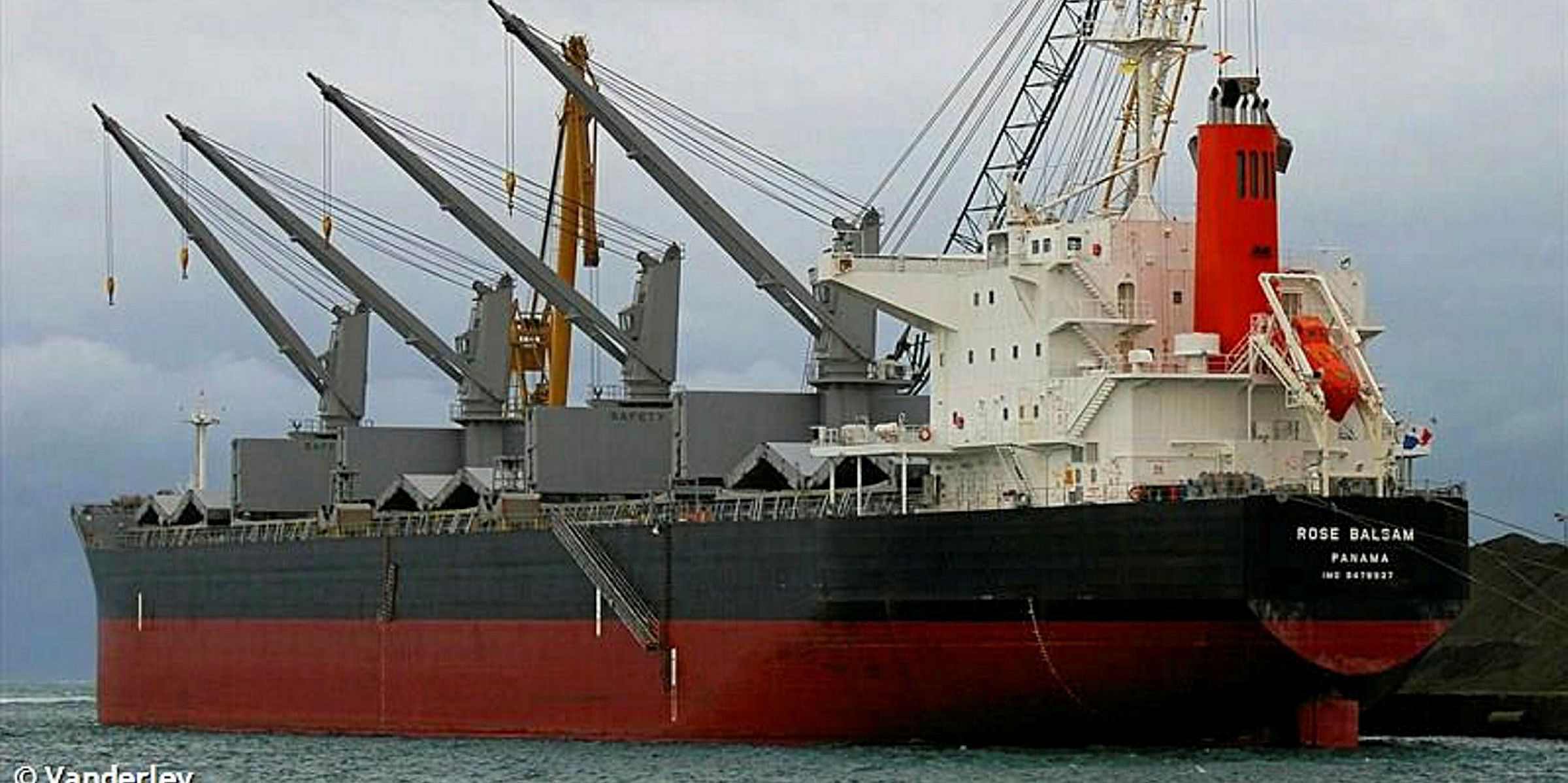
Rare secondhand buy
However, in December 2017, the Equinox made its first purchase in the secondhand market in more than six years, picking up the 55,600-dwt Rose Balsam (renamed Tegea, built 2011), for an estimated $16m.
Two more strikes followed at the end of 2018.
Equasis shows the Athens-based firm as manager of the 58,700-dwt Anjelique D (built 2012), which brokers reported sold by Turkey’s Densan in November for $16m. The ship, built at Cosco Nantong Shipyard, has been renamed Equinox Orenda.
Densan also sold the sistership Veronique D at the same time for a similar price. However, this vessel went to Greek buyer Z&G Halcoussis.
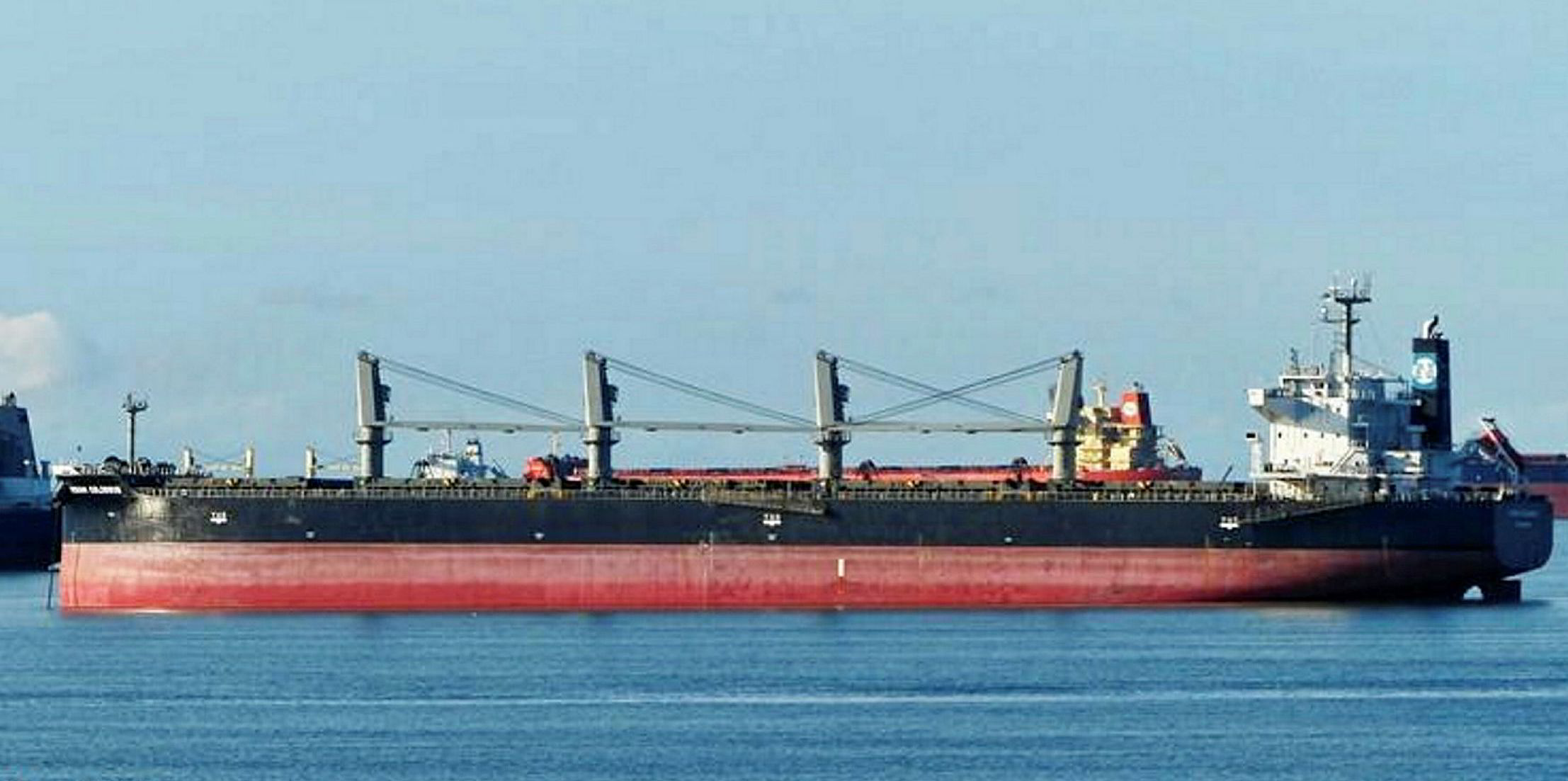
The second supramax to emerge under Equinox's control is the 58,800-dwt Ocean Colossus (built 2010), which brokers reported sold in December to unidentified buyers for between $15m and $15.5m. It has been renamed the Akour II.
Some brokers had linked the Ocean Colossus to Greek company Fomentos Armadora. However, a Fomentos manager denied the reports.
Equinox and Fomentos are commercial partners. Fomentos is connected with Viohalco — a large Greek metals group that once accounted for about one-tenth of all Greek exports, in terms of value.
Equinox was formed in 2001 after the merger of Greek companies Dileship Marine and JG Goumas Shipping. In 2016, the company acquired a stake in Songa Bulk, which merged last year with US-listed Star Bulk Carriers.
Equinox did not respond to a request for comment about the supramax deals.
Buying spree slows
Greek companies were very active buyers of such vessels in 2018, with TradeWinds reporting a string of such transactions, especially at the end of the year.
Greeks spent about $500m last year to purchase 36 supramaxes on the secondhand market, according to TradeWinds' analysis of confirmed transactions.
The very slow fresh cargo supply of the past couple of months resulted in a slowdown of S&P activity, which is down 33% year-to-date
Intermodal
However, the deal flow has decelerated significantly in 2019 as struggling dry bulk freight rate markets have made Greek buyers much more circumspect.
Piraeus and Athens-based outfits have been reported buying just two supramaxes since the beginning of the year, in deals that remained unconfirmed.
White Sea Navigation is believed to have picked up the 55,600-dwt Topaz Halo (built 2011) for $15.2m in January. Diligent Holdings was said to have purchased the 55,400-dwt Alster Bay (built 2008) for about $12m in February.
The Baltic Supramax Index dropped to 414 points on 7 February, its lowest level in almost three years.
'Slow supply'
“The very slow fresh cargo supply of the past couple of months resulted in a slowdown of S&P activity, which is down 33% year-to-date,” Athens-based broker Intermodal said in a recent report, referring to the dry bulk market in general.
S&P activity might resume, as the index rebounded to 721 points this week. However, this is still 19% down year on year, with average supramax freight rates stuck at about $7,500 per day, according to Clarksons.
